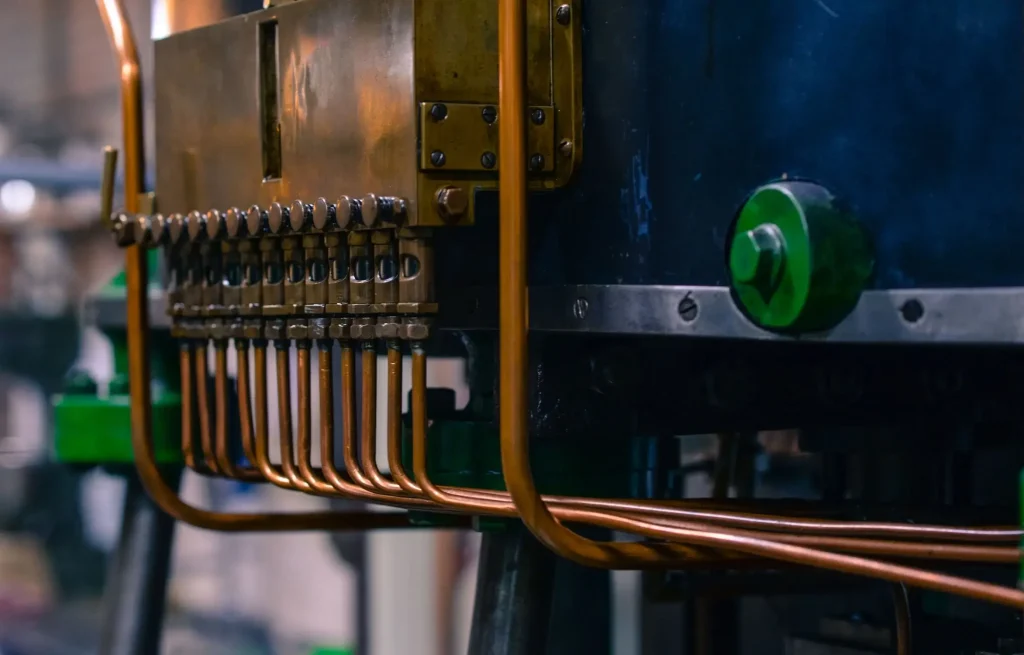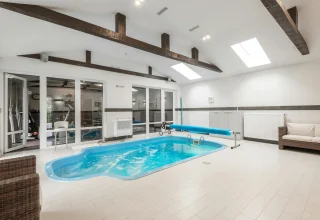If you’re responsible for the commissioning of HVAC systems, then you know that it’s a complex process with a lot of moving parts. In this Definitive Guide to HVAC Commissioning, we’ll walk you through every step of the commissioning process so that you can be confident in your work. We’ll start by discussing what commissioning is and why it’s important, then move on to the steps involved in commissioning an HVAC system. Finally, we’ll give you some tips for troubleshooting common problems. Let’s get started!
What is HVAC?
HVAC stands for heating, ventilation, and air conditioning. It is a system that is used to regulate the temperature and humidity of indoor spaces. HVAC systems are found in homes, office buildings, hospitals, schools, and other commercial buildings.
What is HVAC commissioning?
HVAC commissioning is the process of testing and adjusting an HVAC system to ensure that it meets the needs of the space it is serving. Commissioning involves verifying that the equipment is installed correctly and that it functions as intended. The commissioning process also includes training building occupants on how to use the system properly.

What are the types of HVAC Commissioning?
There are two main types of HVAC commissioning: new construction commissioning and retro-commissioning. New construction commissioning is performed on HVAC systems that are being installed in a new building. Retro-commissioning is performed on existing HVAC systems that are being upgraded or replaced.
What is the process of HVAC commissioning?
The first step in the process of HVAC commissioning is to develop a Commissioning Plan. This plan will outline the scope of work, schedule, budget, and other important details. Once the Commissioning Plan is approved, the next step is to install the equipment and perform tests to verify that it meets the requirements outlined in the plan. After the equipment has been installed and tested, the final step is to train occupants on how to use the system.
What are the benefits of HVAC commissioning?
There are many benefits to HVAC commissioning, including improved comfort, increased energy efficiency, and extended equipment life. Commissioning can also identify problems with the HVAC system before they cause damage to the building or result in occupant complaints.
Costs involved with HVAC commissioning?
The cost of HVAC commissioning deThe cost of HVAC commissioning depends on a variety of factors, including the size and complexity of the project. For a small office building, the cost may be as low as £500. For a large commercial project, the cost can be tens of thousands of pounds.
How long does HVAC commissioning take?
The duration of HVAC commissioning varies depending on the size and complexity of the project. A smaller or less complex project will take less time to commission, as would a large and complex one. For a small office building, commissioning may take a few days. For a large commercial project, commissioning can take several months.
HVAC Commissioning with ECS Yorkshire.
ECS Yorkshire is a leading provider of HVAC commissioning services. We have a breadth of experience that includes projects of varying scale, from all-to-small offices to even larger, commercial complexes. We offer innovative strategies and prices that leave you more satisfied than before. We can help you make sure your appliances won’t be causing you any more problems.
We hope you found this Definitive Guide to HVAC Commissioning helpful. If you would like more information about our services or have any questions, we welcome the opportunity to speak with you today! Thanks for reading and best of luck!









